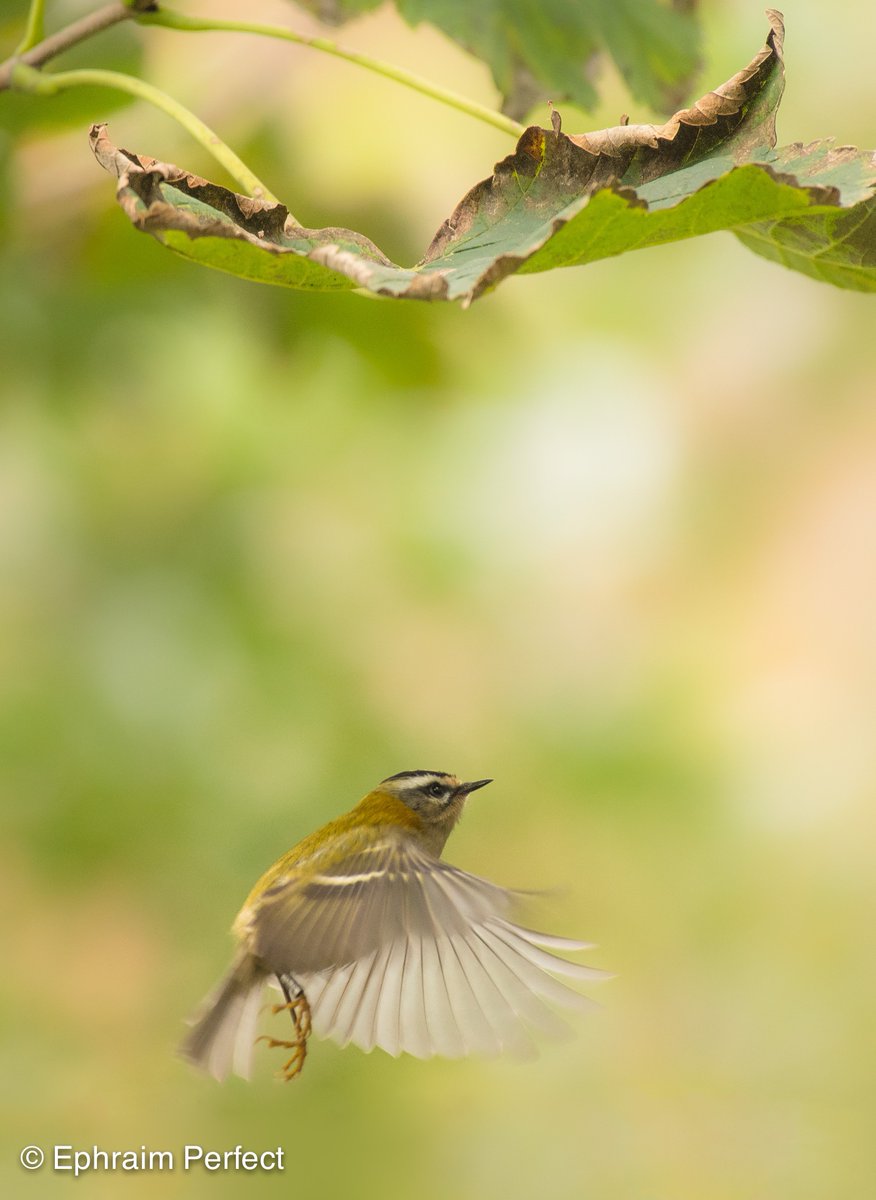Out to sea the main surprise was a strong movement totalling 136 Common Scoters, our highest count of the year and fourth highest count in BBFO's history. Otherwise, the only noticeable movement was of gulls off the South End. Of these, it was interesting to still record 65 Lesser Black-backed Gulls heading south in small parties, the first large movement in nearly a month. Otherwise 225 Kittiwakes, 78 Black-headed Gulls, 12 Common Gulls and 11 Mediterranean Gulls were seen. 211 Razorbills and seven Guillemots comprised the only other passage of note, with the only other notable sightings being singles of Great Skua and Wigeon.
A jumbled assortment of grounded migrants were on land, but realistically it seems like few of these were new arrivals. A Kestrel bucked the trend, being the first sighting of this species in the whole of October, while singles of Merlin and Sparrowhawk also remained. Three Firecrests were at the Plantation and showed very well, while just 29 Goldcrests, seven Chiffchaffs and two Blackcaps were spread around. Otherwise the rollcall was pretty modest, 26 Siskins and 21 Chaffinches was the sum of finch passage, 42 Starlings, six Song Thrushes, three Redwings, 30 Robins, two Wheatears, five Skylarks, three Snipes and a Water Rail were about all that was seen on land. A Grey Wagtail passed over Cristin, with lingering sightings again of two Great Spotted Woodpeckers and singles of Blue Tit and Great Tit.
 |
| Firecrest, Ephraim Perfect; Ephraim's Bird Blog |
No comments:
Post a Comment